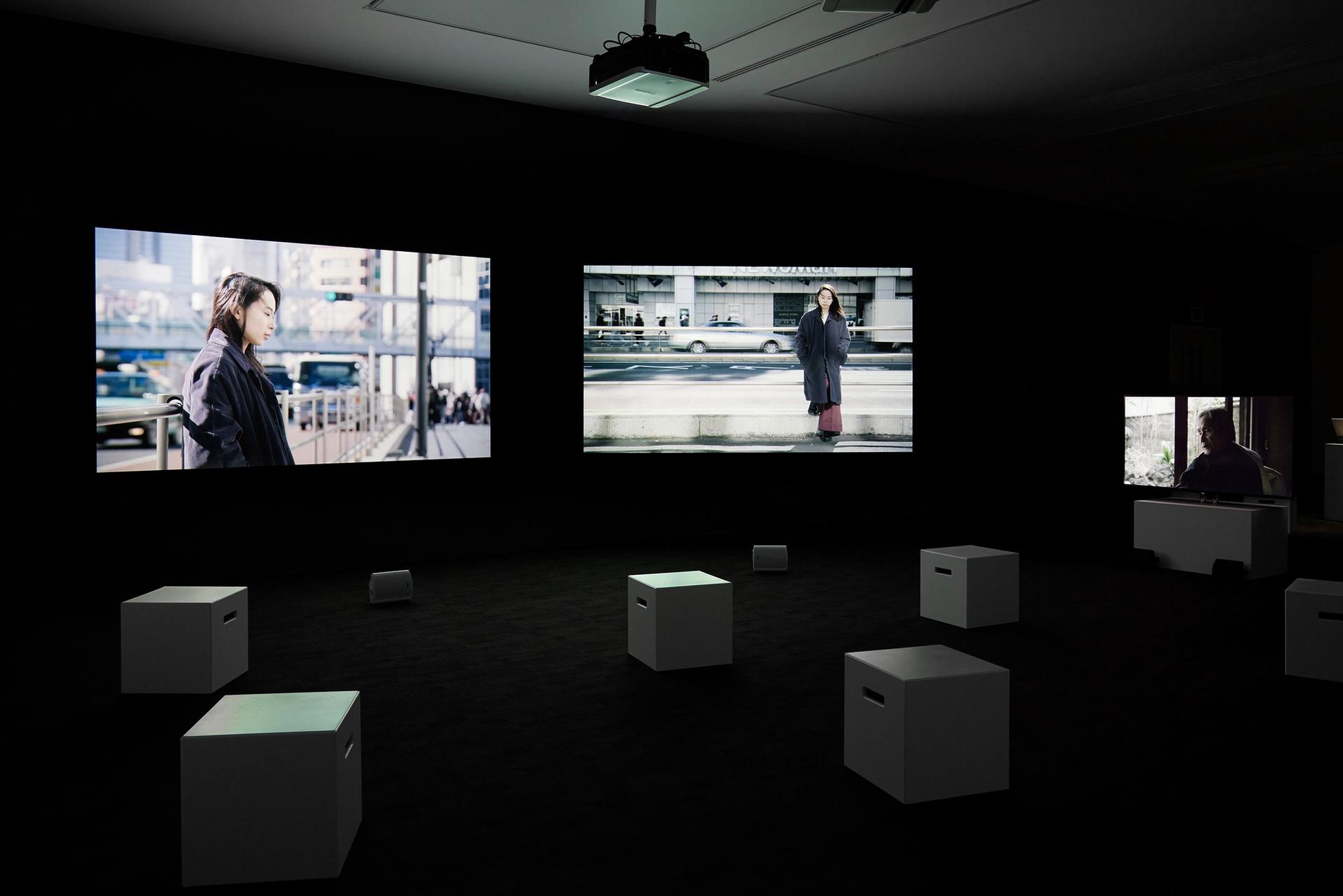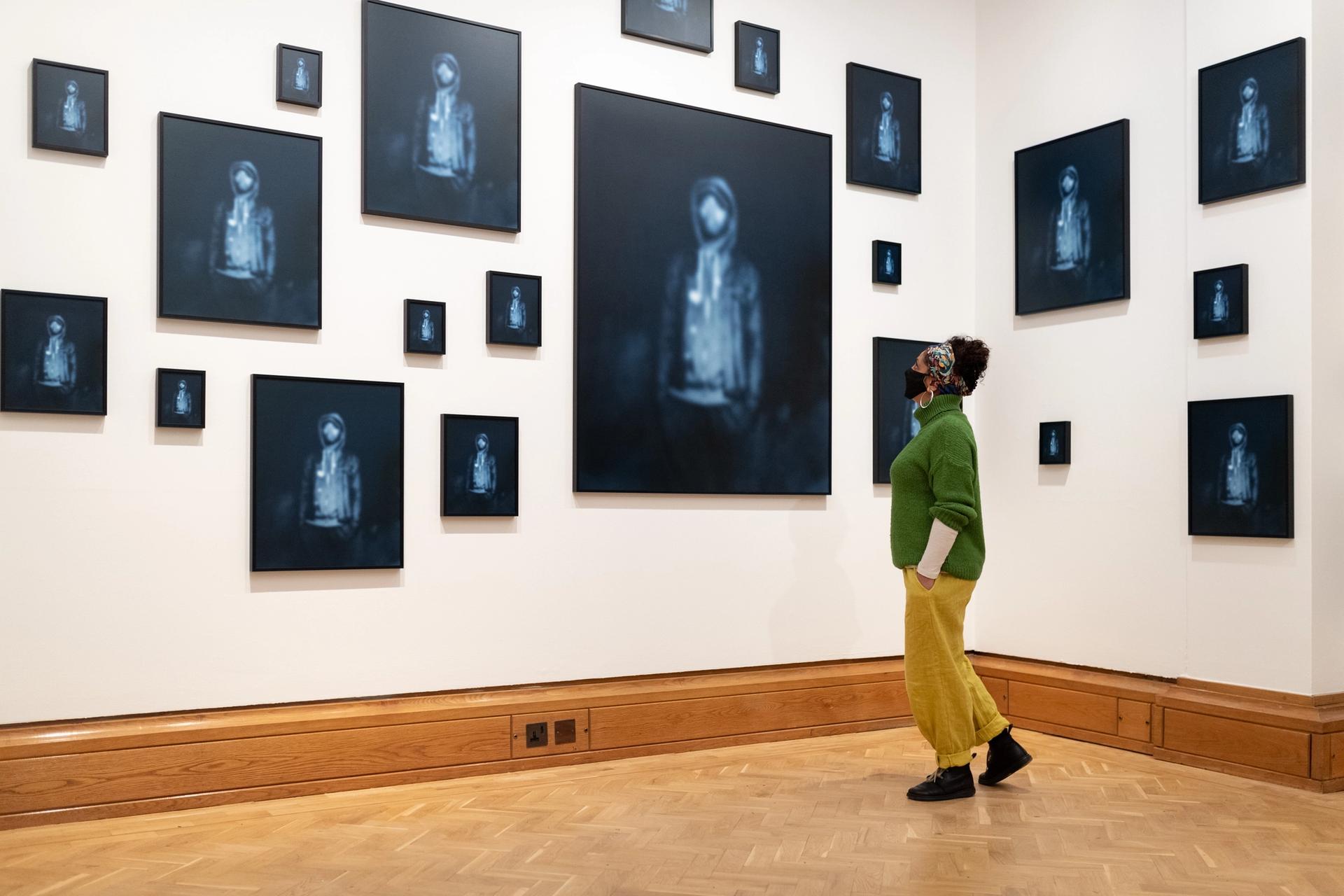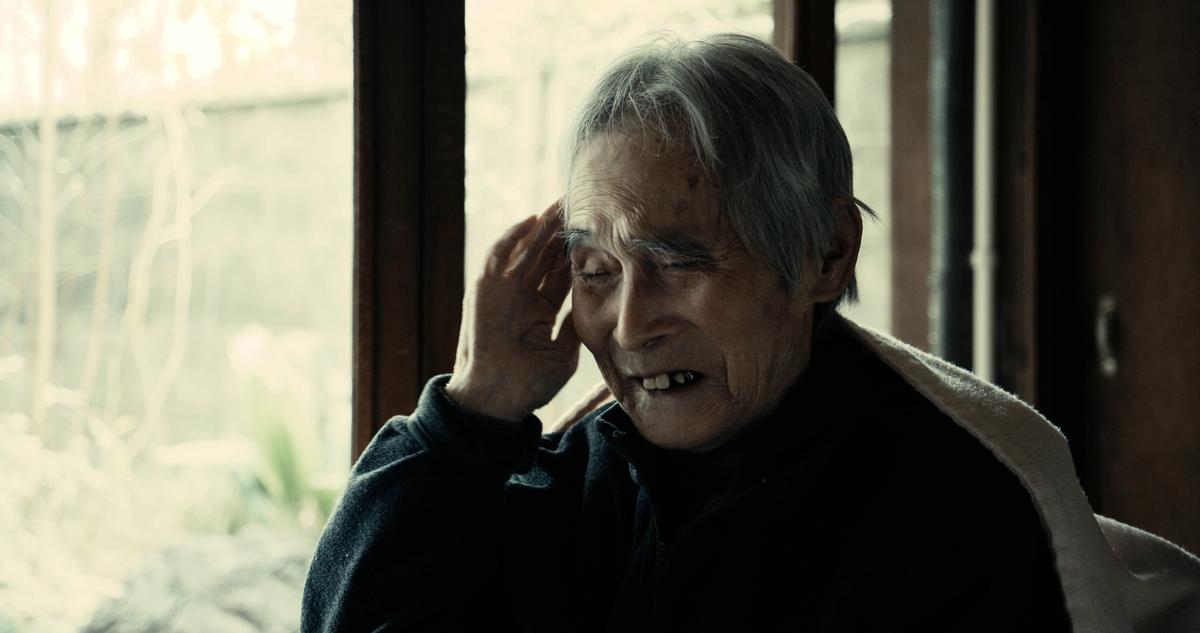A Japanese artist nominated for this year’s Artes Mundi prize—which opened in Cardiff, UK, this week—says he cannot show a video work in his home country about atrocities committed by Japanese soldiers in China during the Second World War as the subject matter is still too sensitive. In the three-screen video work, Angels of Testimony, 99-year-old Hajime Kondo is interviewed by the artist Meiro Koizumi about his experiences as a soldier during the Second Sino-Japanese War (1937-45). Kondo, who is clearly distressed, tries to recall the gang rapes and decapitations inflicted by himself and his comrades.
In an accompanying podcast, Koizumi says that “Japanese institutions were very much afraid [of showing the work]. It creates a mess, I understand. But at same time we still have to recognise this part of history? How do we do it? My commercial gallery [Mujin-to Production, Tokyo] is a brave one but we want institutions to recognise it.”
The other shortlisted artists for this year’s prize include: Firelei Báez (Dominican Republic), Dineo Seshee Bopape (South Africa), Beatriz Santiago Muñoz (Puerto Rico), Prabhakar Pachpute (India) and Carrie Mae Weems (US). The award—the largest in the UK with a £40,000 prize pot—has been pushed back in the wake of the coronavirus crisis (the ninth edition of the biennial exhibition and prize was scheduled to run last October). It has now opened across two venues: the National Museum Cardiff and Chapter Arts Centre, until 5 September (G39 gallery is a partner institution). The winner is due to be announced 17 June.

Meiro Koizumi's The Angels of Testimony (2019) Installation view: Artes Mundi 9, Cardiff, 2021. Photo: Polly Thomas
In Koizumi’s harrowing piece—first seen at the 2019 Sharjah Biennale—Kondo ponders on typed quotations from his own book and account of the atrocities, The Two Battlegrounds of a Japanese Soldier: Kondo Hajime’s Unending War (2005). On two larger screens, a group of teenagers recite the veteran’s testimonies in city streets and outside metro stations.
“We have been trying to show [the work] in Japan since it was made,” Koizumi says on the podcast. “I think it’s very important; no institution will show it because revisionist nationalists are getting strong in society. We have had a huge problem with our dark history in slavery [for instance]. We took Korean women to China and made them sex slaves. Japan as a nation cannot accept this,” he adds, referring to the so-called comfort women, the term for Korean women forced to work in Japanese brothels during the Second World War.
Koizumi also addresses the issue of ethics around difficult topics. “[You] have to be very aware that the camera is an exploiting machine, through the camera I exploit the subject. This is an aspect I’m always aware of but at the same time I have to make an art work. I have to play with this dynamism and make an art work out of this relationship... ethics and aesthetics are never the same. I have to find a place where they overlap, it’s not easy. My goal is to find an image or expression which represents this person’s trauma,” he says.

Carrie Mae Weems's Repeating the Obvious (2019) Installation view: Artes Mundi 9, Cardiff, 2021. Photo: Polly Thomas
Nigel Prince, the Artes Mundi director, says that the work of all six artists resonates with ideas and issues within societies concerning equity, representation, trauma and privilege. Carrie Mae Weems is showing a new photographic series entitled The Push, The Call, The Scream, The Dream (2020) which was prompted by the death of the US civil rights leader John Lewis. A large-scale billboard from her public art campaign, RESIST COVID TAKE 6!, covers the facade of Chapter Arts Centre.
Pachpute explores “working conditions, relentless excavation, unequal social development and land politics rooted in Chandrapur, in his home state of Maharashtra, India”, says a wall text; his installation was informed by a period of research at the South Wales Miners’ Library in Swansea. Báez’s technicolour multi-layered work combines map segments, floral motifs, calligraphy and Caribbean mythology.


